Thriving Communities, Healthy Landscapes
We're helping more than two million farmers embrace more sustainable growing practices that can help build resilience to climate change and boost yields.
Home / Issues / Livelihoods / Page 22
Across the tropics, farming and forest communities face a daily struggle to cover life’s basic needs. Breaking the cycle of rural poverty—and tackling the ensuing impacts for people and nature—is critical for a more sustainable future for us all.
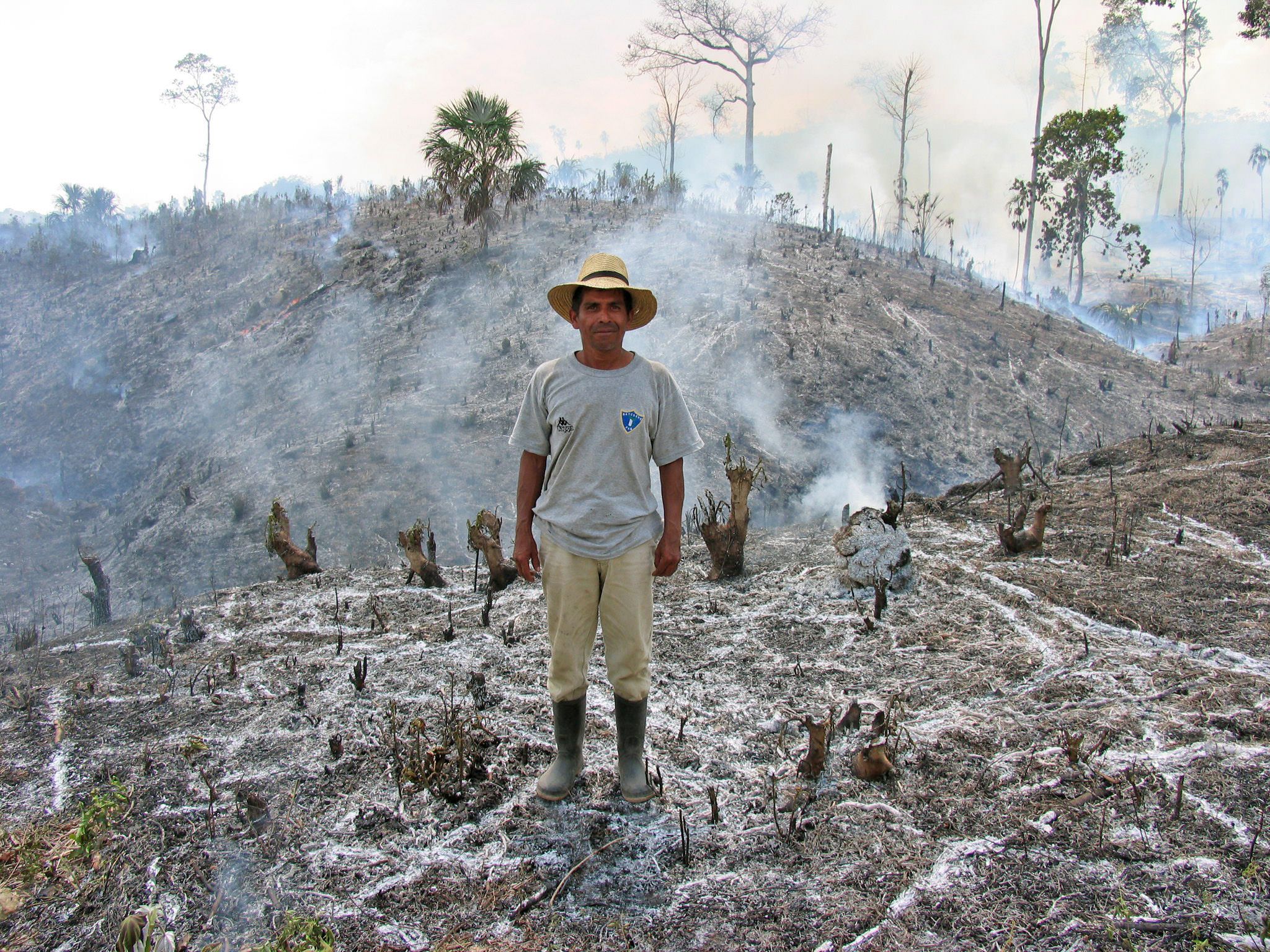
Rural poverty is at the root of many of our most pressing global challenges, from child labor and poor working conditions to deforestation for agricultural expansion. Economic desperation exacerbates these complex issues, which are deeply embedded in global supply chains. The result is a vicious cycle of environmental destruction and human suffering.
Our work to cultivate rural prosperity brings real, measurable benefits for farmers, forest communities and Indigenous peoples around the world.
![]()
earned by our Maya Biosphere Reserve community partners from 2013-2021*
The Rainforest Alliance has been working with the community forestry concessions in Guatemala’s Maya Biosphere Reserve since 1999—helping to develop thriving forest enterprises based on the responsible harvesting and processing of non-timber forest products (such as nuts and palm fronds), in addition to timber for export, according to the rigorous standard of the Forest Stewardship Council (FSC).
*2013-2021 earnings from 100+ small and medium-sized forest-based businesses in the community concessions of Guatemala’s Maya Biosphere Reserve.
![]()
on West African small-scale certified farms*
In 70 countries, farmers are trained in more sustainable practices that boost climate resilience, conserve biodiversity, and promote worker wellbeing—while also helping to increase productivity and improve their incomes. Learn more
*Three studies published in 2018-2020 reveal that income from cocoa production is 40% higher on average on Rainforest Alliance and UTZ Certified farms in Ghana and Cote d’Ivoire, compared to non-certified farms:
The Rainforest Alliance partners with frontline communities to build thriving rural economies rooted in more sustainable growing practices and forest stewardship. We also promote responsible business practices to ensure that companies recognize and reward sustainability transformation—in the field as well as the boardroom.
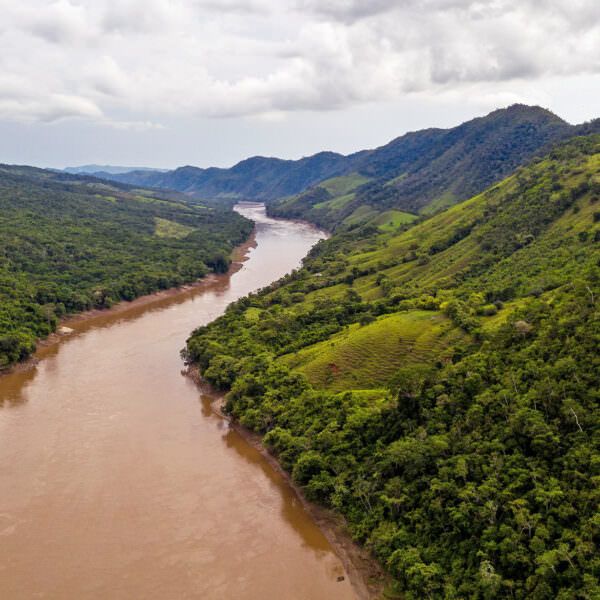
We're helping more than two million farmers embrace more sustainable growing practices that can help build resilience to climate change and boost yields.
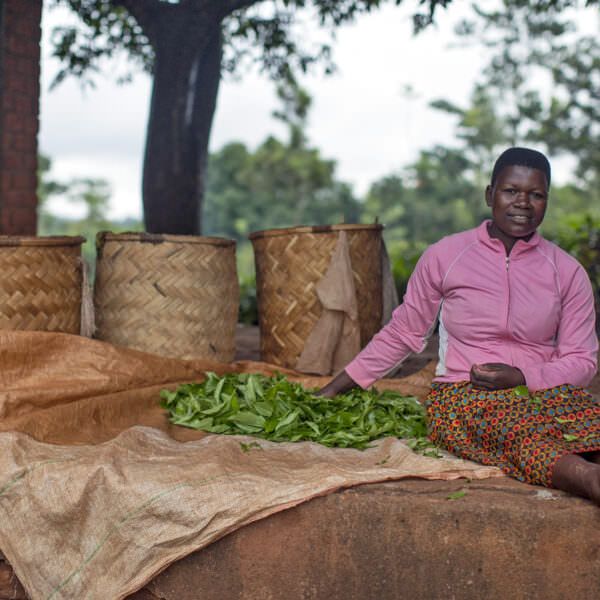
To improve rural livelihoods, we foster deep collaboration between farmers, civil society organizations, companies, and governments.
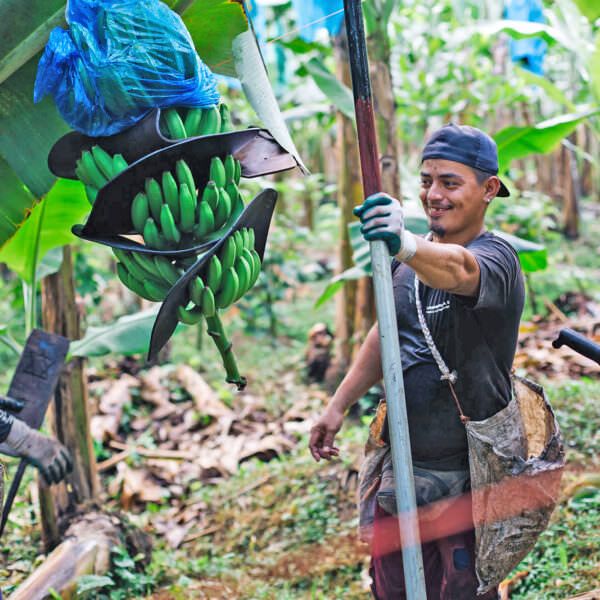
The Rainforest Alliance believes that workers around the world should be paid enough money to provide a decent life for themselves and their families.
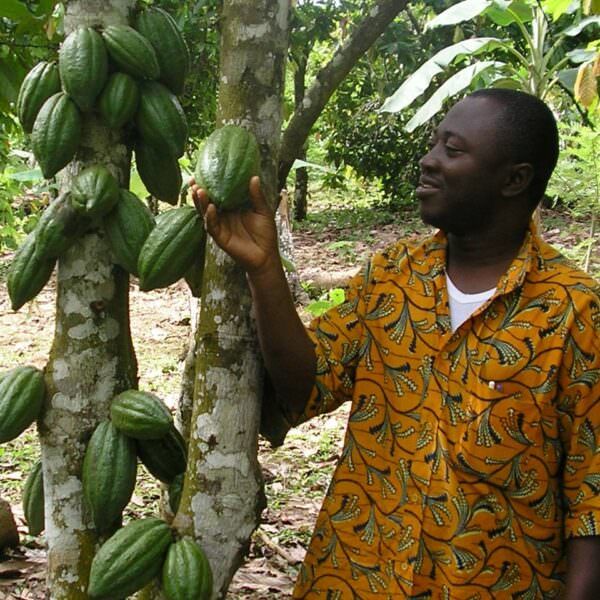
At the Rainforest Alliance, we believe in a shared responsibility approach that encourages companies to do their part in ensuring a living income for farmers. This is the basis of our initiatives, the Living Income Module and the Living Income Fund.

Deforestation in the tropics is a significant cause of global climate change (Murdiyarso, Hergoualc’h and Verchot 2010). Where land conversion is fueled by commodity agriculture, it is imperative to engage farmers in climate-smart agriculture (CSA) practices that include forest conservation. For smallholder cocoa producers in Ghana, increasing on-farm carbon storage and reducing greenhouse gas (GHG) […]

Olam is a global integrated supply chain manager of agricultural products and food ingredients, sourcing 20 products, with a direct presence in 64 countries. In Ghana it sources 80,000 Mt cocoa per year, of which four percent originates from the western Bia-Juabeso region, representing USD 6 million market value. Olam started its operation in the region […]

We used a systematic survey and assessment process to characterize the context, motivations, investments, outcomes, and participants of 191 initiatives using landscape approaches in Africa and Latin America.

In this paper, the authors develop an assessment tool to evaluate climate-smart landscape needs and opportunities in six key activity domains, then apply this tool in the agricultural landscape around Kericho, Kenya, an important tea-growing region where agriculture and ecosystem services are expected to be strongly affected by climate change.

In 2007, a farm in Kenya became the first tea producer to achieve Rainforest Alliance certification. Today, more than 659,000 farms—covering just over two million acres (830,000 hectares) in 17 countries—produce Rainforest Alliance Certified tea. And with commitments from Unilever, Taylors of Harrogate, Tata Global Beverages, and other prominent tea companies to source only Rainforest […]

An overview of scientific research examining the results of Rainforest Alliance coffee certification and training on ecosystems, livelihoods, and communities.